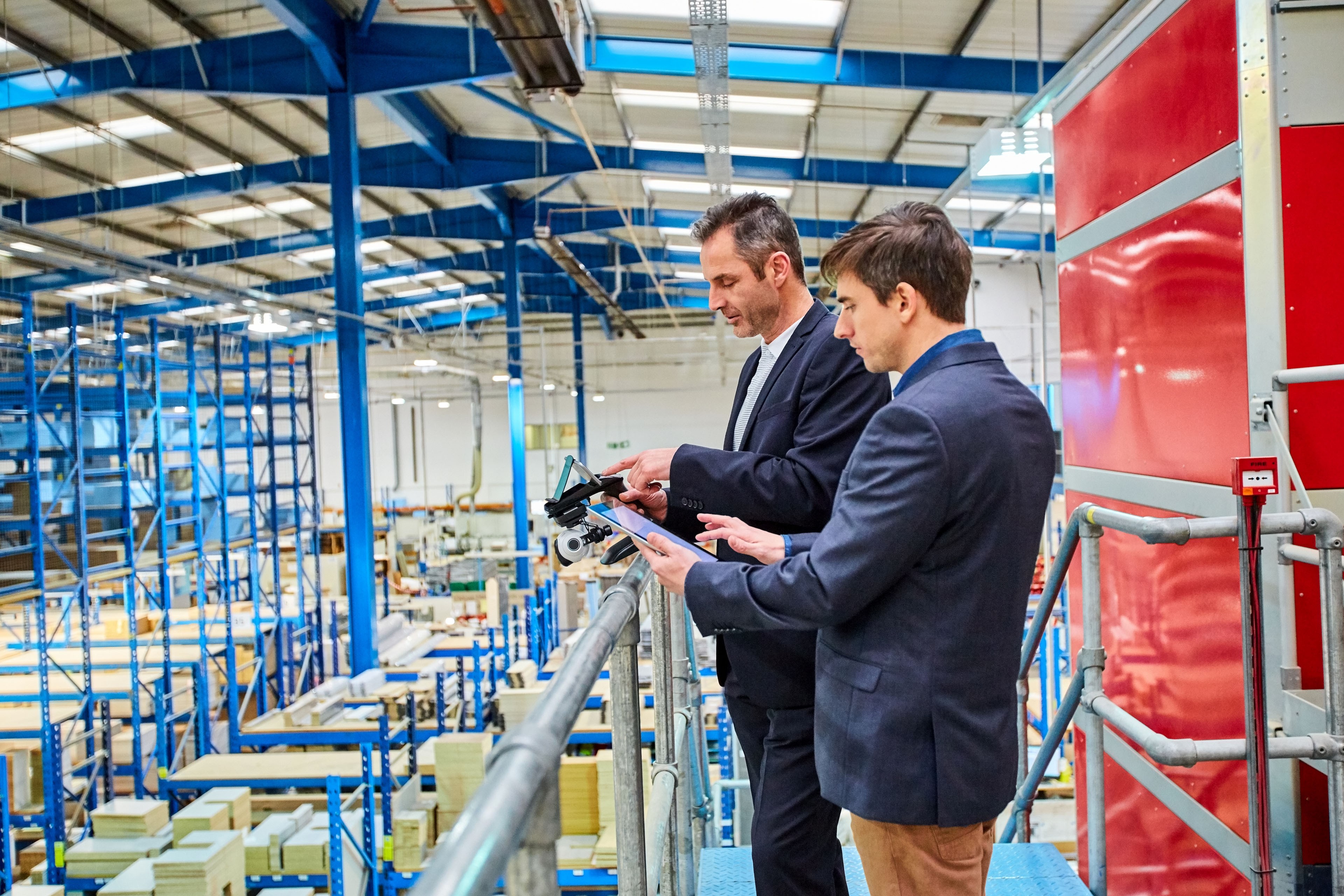EY refers to the global organization, and may refer to one or more, of the member firms of Ernst & Young Global Limited, each of which is a separate legal entity. Ernst & Young Global Limited, a UK company limited by guarantee, does not provide services to clients.
How EY can Help
-
Our tax and finance operate solution can help your business manage risk, realize value from data, drive innovation and improve efficiencies. Find out how.
Read more
More complex legislation
Tax departments today are facing a multitude of challenges. Not only are they facing more complex legislation and regulations, such as Pillar II, which states that multinational companies with global consolidated revenue exceeding 750 million EUR must pay a minimum level of profit taxes, but they are also caught in the midst of the war for talent. In fact, EY’s Tax and Finance Operations survey has shown that almost 90% of companies see the tax function as an area to cut costs, resulting in a situation where fewer people are handling a greater workload. As a result, the department, out of necessity, is increasingly relying on technology, automation, standardization and digitization. The shift presents both a challenge and an opportunity. By automating repetitive tasks, more time is freed up to generate the expected added value and to contribute to the strategic vision. As far as budgets allow, technology and digital transformation will assume a more important role within the tax department. Moreover, with the enormous volume of data to be collected as part of the reporting requirements within that new legislation, the increased demand for transparency and the intensifying targeted and high-performance audits by tax authorities, technology will play an even more crucial role.
In order to adapt to the evolving landscape, this requires that employees within tax and finance departments will have to retrain and upskill themselves to stay technologically proficient. The implementation of automation and standardization, big data and digitization are becoming increasingly vital. Recognizing the importance of these transformations to businesses, EY offers support to its clients in designing and implementing an effective operating model, supported by appropriate technology, enabling organizations to effectively navigate the rapidly changing legislative environment across various countries.









